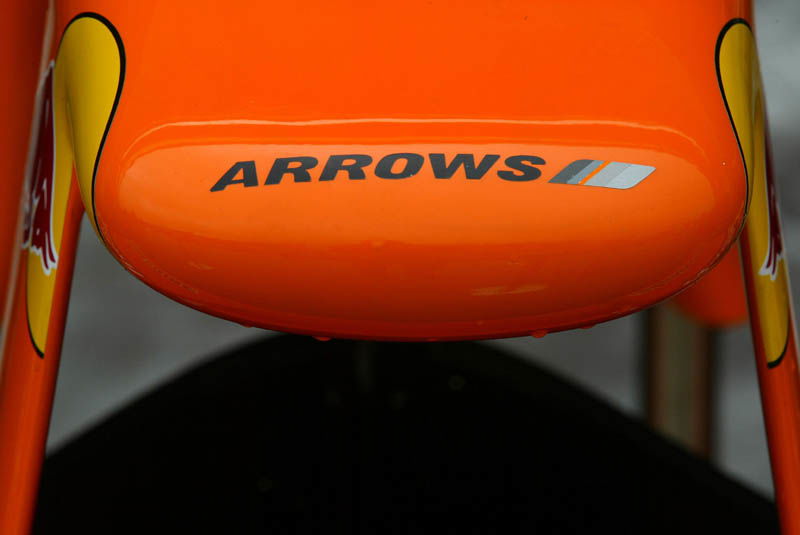Father of Cosworth dies at 72.
One of the most influential men in modern motorsport, Keith Duckworth, has died at the age of 72, leaving behind a legacy that covers the sport from top to bottom.
Although best known for his part in reshaping Formula One with the first Cosworth engine, Duckworth's impact on the sport ran far deeper, as Cosworth - the company he founded with fellow engineer Mike Costin - became synonymous with engines that were competitive both on track and on the price list.
One of the most influential men in modern motorsport, Keith Duckworth, has died at the age of 72, leaving behind a legacy that covers the sport from top to bottom.
Although best known for his part in reshaping Formula One with the first Cosworth engine, Duckworth's impact on the sport ran far deeper, as Cosworth - the company he founded with fellow engineer Mike Costin - became synonymous with engines that were competitive both on track and on the price list.
Duckworth's introduction to the motorsport industry came when he accepted the role of transmission engineer at the fertile breeding ground of Lotus Cars, his first job after completing his studies at Imperial College in London. Having served a year's 'apprenticeship' under the guidance of Colin Chapman's active imagination, the Lancastrian joined forces with fellow Lotus employee Costin to work on ideas for Ford's road car engines, and Cosworth - the name derived from the surnames of the two founders - was born.
Despite the work the company initially, and subsequently, carried out, it is the three-litre F1 V8 - which won on debut and continued to prove successful in a variety of guises over the next 20+ years - for which Duckworth will be best remembered.
With Ford looking to improve its image through motorsport, and with the late Walter Hayes securing a ??100,000 budget to invest in a Cosworth-designed powerplant, Duckworth and Costin set about developing two motors - a 1.6-litre unit for F2 and the F1 V8. Duckworth was credited with the design of both engines - a role Hayes later described as helping 'establish this country - in an international fashion, not a silly flag-waving fashion - as the place you go to have motor racing cars and engines made'.
The two engines would go on to share legendary status, with the FVA proving successful in F2 and the DFV - standing for Double Four Valve - immediately establishing its reputation by won on debut in the hands of Jim Clark and Lotus at the 1967 Dutch Grand Prix. Not only did its instant competitiveness prove attractive, so too did the asking price, and the DFV would provide a cornerstone for some of Britain's most ambitious small teams, including Brabham and Williams, to get a foothold on the F1 ladder.
The engine, with occasional tweaks, carried on winning races until 1982, eventually settling for a tally of 154 successes before its retirement was effectively enforced by the turbo era. However, while the Cosworth name was gradually overwhelmed in F1, it continued to race strongly, as the DFX, in the US Indycar series, while the ideas were also used successful in Ford's rally programme, with the BDA unit. The company not only developed technology, however, but also churned out talented individuals such as Mario Ilien, who would go on to found Ilmor Engineering.
Duckworth and Costin eventually sold Cosworth, initially to United Engineering Industries, and the company has changed hands several times since, eventually ending up as part of the Audi and Ford empires, before almost being dragged down by the Blue Oval's disappointing involvement with the Jaguar Racing F1 team. Fortunately, Champ Car owners Kevin Kalkhoven and Gerald Forsythe saw the benefit of buying the company, and now run Cosworth units exclusively in the US series.
In recent years, the Cosworth name has returned to Formula One circles - notably helping out another much-loved minnow, Minardi - but it is perhaps apt that Duckworth passes knowing that the company he helped found will return in partnership with Williams in 2006.
